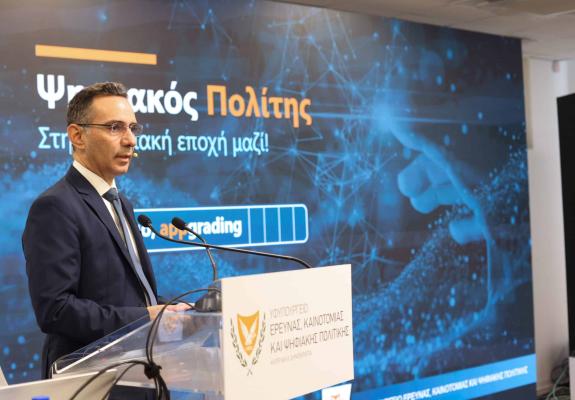OpenAI’s ChatGPT Sees, Hears, Speaks, and Dominates
OpenAI Expands Horizons: The New Age of AI Conversations and Competition
In an era where tech boundaries are constantly being redefined, OpenAI, helmed by CEO Sam Altman, took to the limelight once more on September 25. Altman announced on X (previously known as Twitter) that ChatGPT, OpenAI's famed language model, has now vaulted into multisensory territories: it can "see, hear, and speak." By which it means the model can now understand spoken dialogue, proffer responses through synthetic voices, and process visual content.
This cutting-edge addition to ChatGPT comes hot on the heels of a sequence of expansions OpenAI has initiated in 2023. February heralded the introduction of ChatGPT Plus, a subscription plan priced at $20 per month. Beyond ensuring general access even during high demand intervals, it promises subscribers faster response rates and preferential access to new features. Initially available to the American audience, it expanded its global footprint on February 10th.
By March, the innovation train was speeding along with the introduction of plugins. Tailored for language models and underpinned by safety-first principles, these plugins empower ChatGPT to tap into real-time data, execute computations, or liaise with third-party services. E-commerce giant Instacart, among other major names, lent its expertise to this phase.
OpenAI’s financial health also paints a radiant picture. Contrary to Reuters' forecast last December, which estimated OpenAI would achieve the $1 billion annual revenue mark by 2024, the firm was already raking in approximately $80 million monthly by August.
Yet, as with any success story, challengers are never far behind. Amazon, in its drive to be at the AI vanguard, announced a staggering $4 billion investment in Anthropic, an OpenAI competitor. As part of this alignment, Amazon Web Services (AWS) will become the primary cloud bulwark for Anthropic. Anthropic, for its part, has vowed to collaborate with Amazon to deliver "secure, reliable infrastructure," ensuring AWS customers benefit from its "safe and steerable AI."
But it's not all smooth sailing for all competitors. Google Bard, despite the backing of a tech behemoth, lags in the race. A critical review by VentureBeat described it as “failing to deliver its promise.” The critique highlights Bard's lackluster integration with Google applications and its propensity for erratic or illogical outputs. In comparison to the innovative prowess of GPT-4, Bard’s lack of creativity, versatility, and character stand starkly exposed.
In the dynamic world of artificial intelligence, OpenAI's ChatGPT and Anthropic's Claude 2 emerge as frontrunners, each showcasing unique strengths. While ChatGPT enjoys wider recognition, Claude 2's prowess, particularly in its "context window" and innovative "constitutional AI" approach, is impressive.
Yet, challenges like stereotype bias are shared obstacles. As Ethan Mollick, an associate professor at the Wharton School, concludes in TIME, the models are "roughly in the same league, with GPT-4 perhaps slightly ahead overall." As AI continues to evolve, both OpenAI and Anthropic will be pivotal in shaping its trajectory, balancing innovation, safety, and commercial demands.






